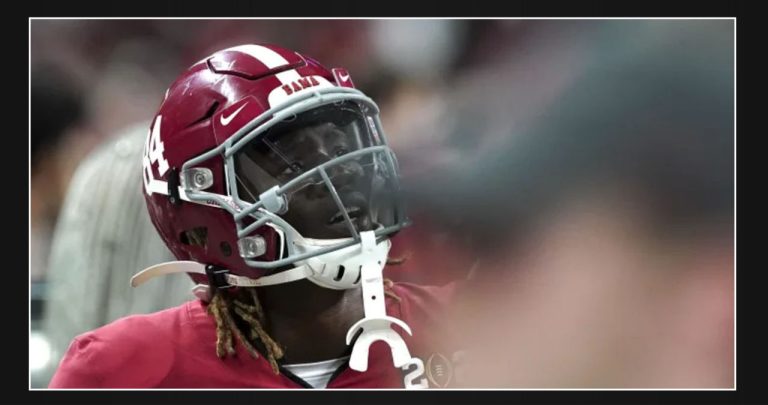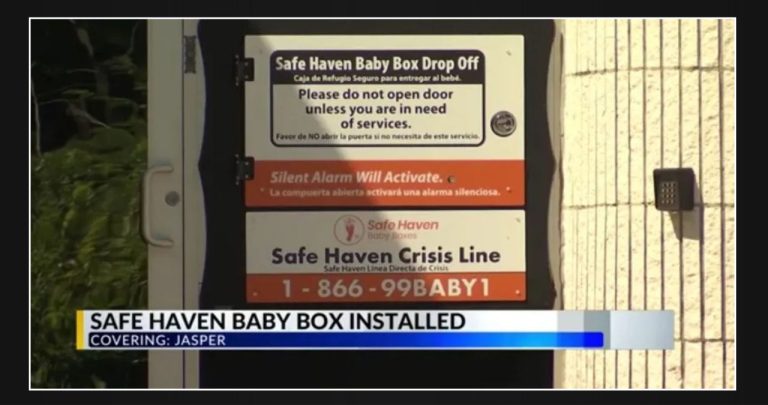The Montgomery Advertiser has partnered with Auburn University’s Living Democracy program to bring you this story. For over a decade, the program has sent students to rural Alabama for a 10-week period to gain a better understanding of the community’s workings and report on their observations.
Anna Head Spence grew up in the Wiregrass region, where she was intrigued by the distinctive words of the South, such as “Fixin’ to,” “y’all,” and “Thanksgivin’.” These words are not only a part of the region’s cultural identity but also reflect the unique charm and character of the South.
During her time in graduate school at Auburn University, she delved deeper into her passion for linguistics. With the guidance of her advisers, she focused her research on accents, a defining characteristic of the South, throughout her doctoral studies.
In order to conduct her research, she was encouraged by her peers to focus on her hometown. From 2002 to 2003, she gathered data on vowel usage and other unique speech patterns.
Spence’s research narrowed in on Southeast Alabama, particularly Coffee, Pike, Dale, Houston, Geneva, and Covington counties, taking into account the regional variations in accents across the state.
As an English educator and administrator, her past experiences have greatly influenced her current position as the dean of instruction at Enterprise State Community College. Even during visits with friends and family in Elba, she continues to actively listen and learn.
During an episode of “Journey Proud” on Alabama Public Television, folklorist Joey Brackner featured her expertise on Southern speech patterns, showcasing her knowledge to viewers.
According to her, there are still significant differences in the words used in different regions. She cited an example of an insect that is referred to as “red bug” in some areas, while others use the term “chigger.”
Going into further detail, Spence explained that variations in pronunciation can be observed in Southern dialects when it comes to certain sounds, particularly the sounds of “I,” “oi,” and “ing,” which are referred to as sociolinguistic variables.
Spence pointed out that the pronunciation of the sound “oi” can vary in three different ways. In the standard English pronunciation of the word “spoiled,” the sound “oi” is pronounced similarly to “boy.” However, in the Southern dialects, two different variations are used. One of them makes the “oi” sound in the word “boiled” closer to “bald,” while the other brings it closer to the vowel sound in “mull.”
According to Spence, the usage of the “in” variant of “ing,” also known as “g-dropping,” is quite prevalent among speakers. She further highlighted that this variant is more commonly used by Southerners, both in formal settings and with nouns. For instance, they tend to turn a word like “Thanksgiving” into “Thanksgivin'” and use “fixin’ to” in place of “fixing to.”
In the Wiregrass region, she discovered several familiar variations, such as the usage of “greazy” instead of “greasy,” “mirra” instead of “mirror,” or “guf” instead of “gulf.”
One of the most recognizable phrases in the South is undoubtedly “y’all.” According to Spence, this term is now being used singularly on occasion. Additionally, the phrase “all ya’ll” could suggest that “y’all” is no longer strictly reserved for plural references.
According to Jennifer Amlong, a proud Elba native and director of the Elba Library, Spence’s research on Southern accents is something she can relate to on a daily basis. Amlong holds her own accent in high regard, stating that she is unashamed of it. “I take pride in my Southern accent,” she confidently declared.
According to Amlong, Southern accents often carry a negative connotation and are stigmatized in society. She expressed her belief that this perception can lead to unfair stereotypes that depict Southerners as ignorant or unintelligent.
According to Spence, certain words and pronunciations may be stigmatized by certain people. Nevertheless, she also stated that there is a fascination for Southern speech due to its distinctive features and cultural significance.
Amlong’s Southern accent was more than just a way of speaking while growing up in Elba. It was a symbol of her identity and a strong tie to her roots. As she puts it, “It connects us like a family.”
The way vowels are pronounced and used can differ depending on the region in Alabama and the South. Amlong shared that even her friends from Georgia have noticed the difference in the way she speaks. She acknowledged that her pronunciation of the “I” sound aligns with Spence’s research findings.
Donald Vandervoort, a resident of Brooklyn, New York for 60 years, moved to Elba in 2022. He currently works at the Rabbit Hole, a restaurant located in downtown Elba. During his time working there, he has become acquainted with the local accents. According to him, the accents in Elba are notably distinct from those in New York.
According to Vandervoort, the accent in New York varies depending on where you live. For instance, a Brooklyn accent is quite similar to a Bronx accent, but a Queens accent has more similarities with a Long Island accent. While these accents are all distinguishably from New York, they are unique in their own way.
While working at the Rabbit Hole, he has observed various Southern dialects. He pointed out that people tend to adjust their speech based on the people around them when they move. On a positive note, he mentioned that he now uses phrases such as “yes ma’am” and “yes sir” more frequently since moving to the South from New York.
Vandervoort’s way of speaking is distinct from Amlong’s, as she uses phrases like “yous guys,” “soda,” and “shopping cart” instead of “y’all,” “Coke,” and “buggy.” These subtle linguistic differences provide insights into their respective backgrounds and identities.
According to Spence, the South is widely acknowledged as a unique region with specific characteristics that can be traced back to its settlement history, although there are varying definitions of what constitutes the South. She also posits that the emergence of the Southern accent may have been influenced by the introduction of country stores and railroads, which facilitated connections between individuals from diverse cultures.
As a Jean O’Connor Snyder Intern with the David Mathews Center for Civic Life, Elisha Oyola is currently residing in Elba, Alabama, where she is participating in the Living Democracy program as a student of Auburn University. The program, which is organized by the Caroline Marshall Draughon Center for the Arts and Humanities in the College of Liberal Arts, provides hands-on experiences to undergraduate students to equip them for civic life during the summer months.



